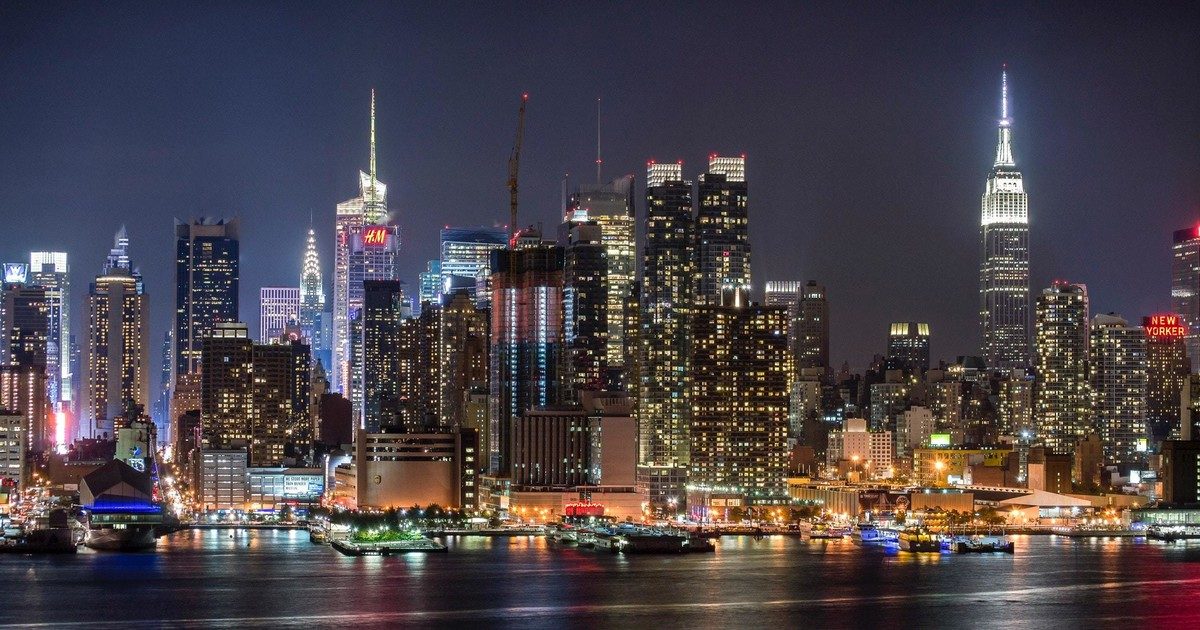The work by Sherman highlights the importance of moral status, and the moral value of coping strategies in a rural setting. Living the majority of my life in a large city, I hadn’t been exposed to such ideas and frameworks, which have prompted some unique questions.
The idea of moral status within a community is a complicated one. If one contributes and is a good member of the community, this community will be more apt to help them in times of struggle or hardship. Take the example of someone getting sick, and having to stay in the hospital for a week. The community members would likely offer to care for the kids while the parent was sick. Although, if the parents were viewed as bad or had low moral status, then there might be a greater hesitancy for the community to offer support.
Within this idea there are further nuances regarding deserving versus undeserving poor. Government assistance and moral status have a polarizing relationship. Take the example of a physical laborer who has been in a factory setting for over 20 years, and one day they get seriously injured on the job. As a result of the injury, they are given disability assistance from the government. This would be viewed as a noble form of assistance given the individual had put in the physical work and time. They could be viewed as a deserving poor. In contrast, someone without a job and who is relying on welfare might get a comparable amount of money, but the associated moral value is different. This individual would be viewed as a “freeloader” and categorized as “undeserving poor”. Relying on welfare carries a negative cultural connotation, and as a result people distance themselves from those who carry this connotation. This speaks to a broader trend, namely that people don’t want to rely on something that will bring them negative cultural capital. Additionally it brings an association between their group relying on welfare which facilitates the production of problematic stereotypes and generalizations. At a distance, government assistance seems benign but looking further one realizes the cultural weight that it carries.
A big component of city living is the sense of anonymity. With this anonymity comes increased agency and independence, At the same time, with city living comes a decrease in sense of community. This manifests in that people don’t know their neighbors. If something were to go wrong, they likely wouldn’t receive community support. Equally important, there is a decrease in the importance of moral status, as there aren’t people who see you routinely in the neighborhood or as often in common spaces. Being seen and known in a community can make people feel an innate pressure to do right by others and make a positive community impression. Whereas in a completely anonymous space it is easier to do wrong and not feel the social repercussions.
There is a middle ground between the city and a rural setting, namely the suburbs. In the case of the Levittowns, we learned about the quasi-primary ties in which relations between neighbors are often a product of circumstance (kids, sports, school) rather than a sharing of values and deeper connections. As a result, people have a medium or “superficial” level of depth, which is less than the rural community but more than urban.
I have been puzzling over the following question: Can moral status and moral value be established in cities and densely populated urban settings? As mentioned previously, the anonymity allows people to become a face among the crowd, and develop a strong independence. One can begin to wonder, within the larger urban city setting are there smaller communities in which moral status is of greater importance? Take the example of an ethnic community, such as Little Italy, or Chinatown. In these spaces there is greater homogeneity. Similarly, one could hypothesize there are greater connections with neighbors and the smaller communities within the larger city. As a result, people know of each other and personal circumstances in ways that are almost similar to the rural setting we discussed in the Golden Valley. These ethnic communities could represent the best of both small community and independent living. This is seen in that one can occupy space and identity within the greater city and at the same time have anonymity and independence from their smaller community. Although once they return, they will get the benefits from the more intimate community. I don’t know what the sentiments regarding moral values and moral status are in these ethnic communities but it would be interesting to look further into research on this topic.
